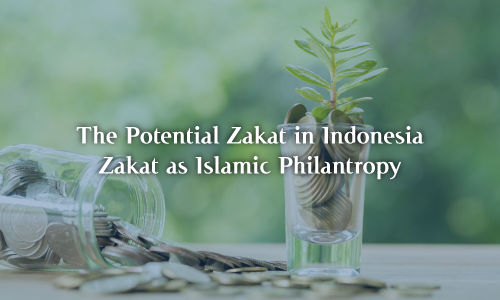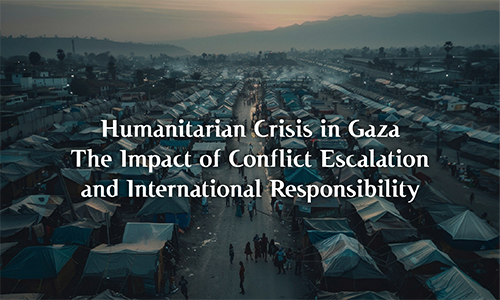
Summary: This article explores a data-driven approach to optimizing zakat fund allocation in Indonesia, focusing on maximizing the dual objectives of efficiency and effectiveness in poverty alleviation. Using the Data Envelopment Analysis Resource Allocation Model (DEA-RAM), the study evaluates how zakat institutions can balance charity-based and empowerment-based programs to achieve greater socio-economic impact. Case studies reveal that while charity programs often reach more beneficiaries, they may lack long-term sustainability. Conversely, empowerment programs are costlier but offer more transformative potential. The analysis highlights inefficiencies in current allocation practices and proposes strategic reforms including threshold-based funding, integration with Islamic microfinance, institutional capacity-building, and the routine application of optimization tools. The findings underscore the importance of aligning zakat management with sustainable development goals, suggesting that zakat, when managed strategically, can evolve from a relief mechanism into a powerful engine for community empowerment and social justice.
Introduction
Zakat, as one of the five pillars of Islam, holds a fundamental role not only as a spiritual obligation but also as an economic instrument for poverty alleviation. In Indonesia, where the potential for zakat collection is immense, the challenge lies not in the volume of collected funds, but in the strategic and efficient allocation of these resources. While much attention has been given to improving zakat collection, optimizing its distribution remains an underexplored yet vital frontier. This article explores a data-driven approach to zakat allocation, aiming to maximize both efficiency and effectiveness in empowering the poor through sustainable economic activities.
The Dual Role of Zakat: Charity and Empowerment
Islamic teachings emphasize both immediate relief and long-term empowerment. Accordingly, zakat distribution is generally categorized into two types:
- Charity-Based Allocation: Provides direct, consumptive aid for…

















